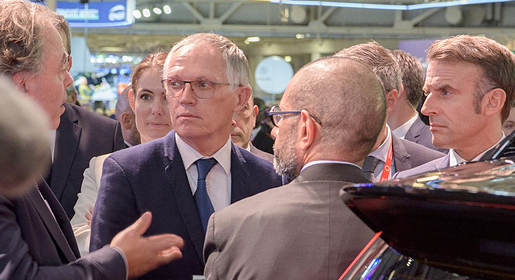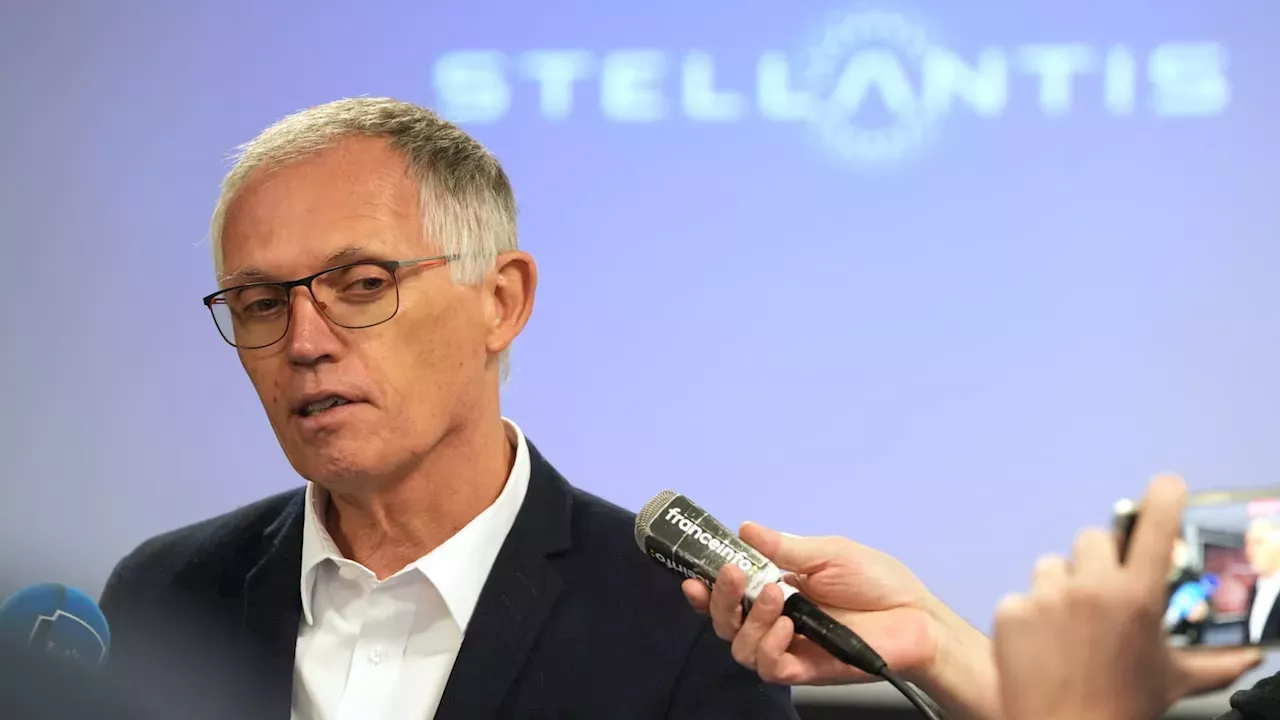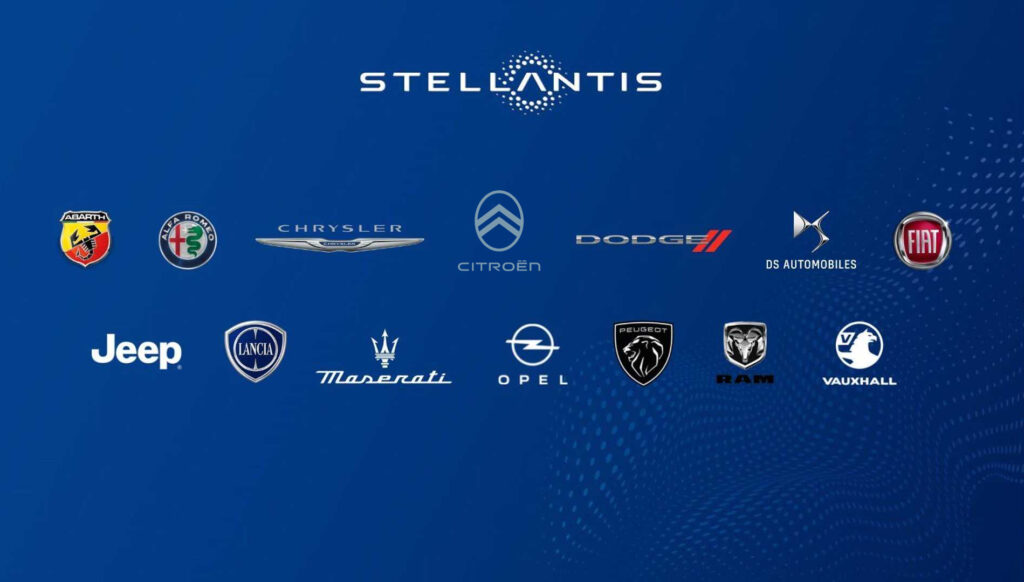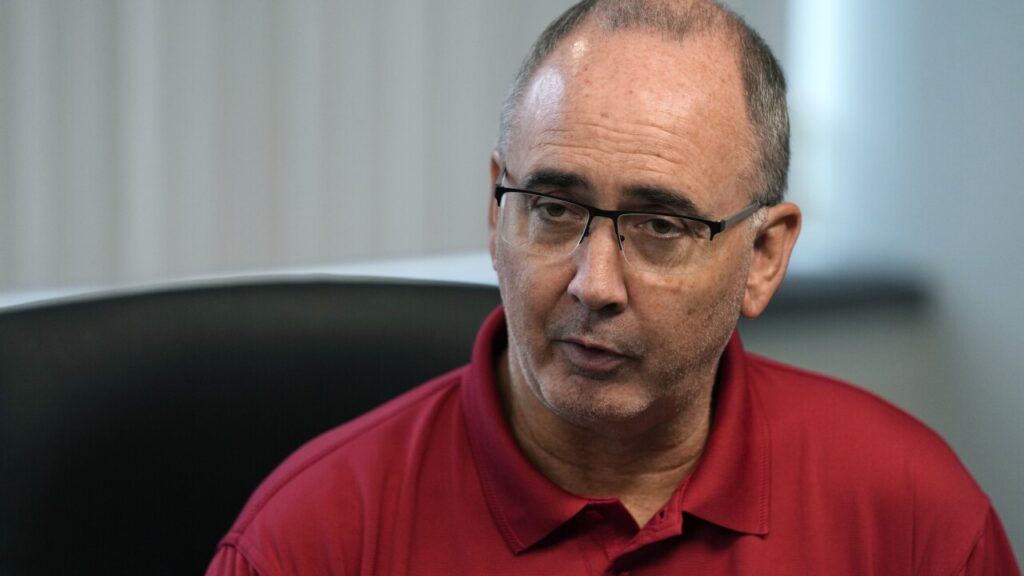Carlos Tavares Resigns

After growing pressure within Stellantis and criticism from shareholders, unions and suppliers, it was announced today that CEO Carlos Tavares is stepping down effective immediately.
In the meantime, the company says a new interim executive committee, led by chairman John Elkann, will be established.
Elkann is the grandson of Gianni Agnelli, the Italian industrialist who founded Fiat. He worked closely with Sergio Marchionne, who engineered Fiat’s 2009 takeover of Chrysler, which was going through a bankruptcy.
On October 10, 2024 Stellantis announced that Tavares would retire in early 2026 and that the process of finding a new, permanent CEO is “well under way.” The timing of that coincided with the 7 other leadership changes in Stellantis, which included naming new heads of operations in North America and Europe.
Tavares became CEO and chairman of the managing board of Groupe PSA (that included Citroën) in 2014, replacing Philippe Varin. During his tenure, he spearheaded cost-cutting measures and increased the company’s market share in China, which returned Groupe PSA back to profitability after several years of losses.
In January 2021 Tavares oversaw the merger of Groupe PSA with Fiat Chrysler Automobiles creating Stellantis, the world’s fourth-largest automaker, becoming CEO of the automotive giant with brands that include; Abarth, Alfa Romeo, Chrysler, Citroën, Dodge, DS Automobiles, Fiat, Jeep, Lancia, Maserati, Opel, Peugeot, Ram and Vauxhaul.
At the time Tavares said he planned to save 5 billion euros a year in terms of investment, sharing of engines and platforms, and development.
In March 2022, Tavares presented his strategic plan for the company to 2030. Called ‘Dare Forward 2030’, he committed Stellantis to be the industry champion in climate change mitigation, becoming carbon net-zero by 2038 with a 50% reduction by 2030. He set a target for 100% of sales in Europe and 50% of sales in the United States to be battery-electric vehicles (BEVs) by the end of this decade.
Stellantis’ North American operations had been the company’s main source of profits for some time, but struggles piled up this year, with price increases on existing models, rising competition, fewer affordable options, and new vehicle inventory unsold on dealers’ lots.
For its third quarter in 2024, Stellantis posted 27% plunge in net revenues. Net revenue was 33 billion euros (nearly $36 billion ) in the three-month period ending Sept. 30, down from 45 billion euros in the same period last year. All regions except South America reported double-digit dips in revenues — led by North America, which plunged 42% to 12.4 billion euros ($13.1 billion).
In recent months, Tavares had come under fire from U.S. dealers and the United Auto Workers union after the release of dismal financial performance reports. He also oversaw cost-cutting efforts that included delaying factory openings and laying off union workers — further straining the company’s relations with the UAW, which filed several grievances against Stellantis and threatened to strike in recent months.
The UAW today welcomed Tavares’ resignation with president Shawn Fain calling the move “a major step in the right direction for a company that has been mismanaged and a workforce that has been mistreated for too long.”
Fain noted that thousands of UAW members had been calling for Tavares’ firing for weeks for what Fain called the CEO’s “reckless mismanagement of the company.” He added that the union looks forward to sitting down with Stellantis’ new chief executive and “will keep using all means available” to hold the company accountable.
Beyond the USA, Stellantis has faced pressure in Italy — where lawmakers questioned Tavares over the company’s production plans in October, with the far-right government accusing the company of relocating assembly plants to low-cost countries.
In a statement Sunday, Stellantis’ senior independent director Henri de Castries said that Stellantis’ success is “rooted in a perfect alignment” between shareholders, the company’s board and the CEO — but noted “different views” had emerged in recent weeks, resulting in the decision to approve Tavares’ resignation.
John Elkann thanked Tavares for “his years of dedicated service and the role he has played in the creation of Stellantis” in an additional statement. He added that he looks forward to appointing a new CEO.
With the departure of Tavares, the role that Citroen will play in the future of Stellantis will most likely come into question sooner than later. While it is fair to say that Citroën was suppressed under Tavares tenure and it would be nice to see the brand have freer reign again to innovate in both engineering and design, at this point given Stellantis’ financial woes, mere survival of Citroën could be a miracle.




